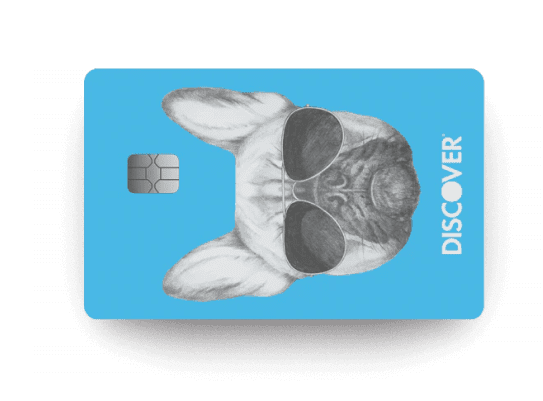A credit card is an account that lets you borrow money to pay for everyday purchases such as gas and groceries. It can also be a great resource for purchasing big-ticket items such as TVs, travel packages, and jewelry because the funds for these items aren’t always immediately at your disposal.
The advantages of credit card spending may include earning rewards, traveling, handling emergencies or unplanned expenses, and building credit.

What Are the Advantages of a Credit Card?
6 min read
Last Updated: August 22, 2024
Next steps

See if you're pre-approved

Learn about Discover student credit cards
See rates, rewards and other info
You may also be interested in
Was this article helpful?
Was this article helpful?




